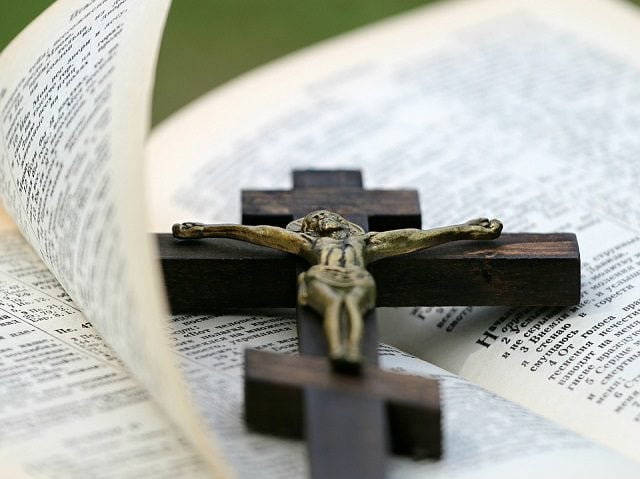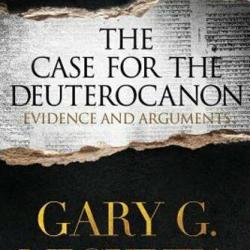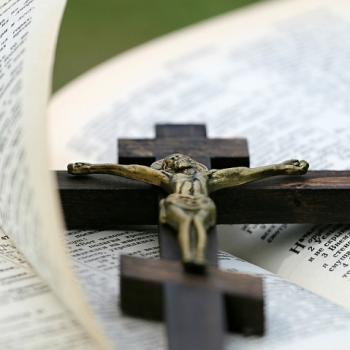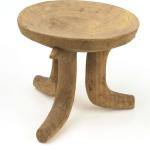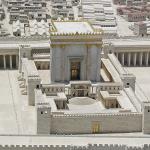I was asked:
How, then, is the Catholic to interpret Scripture, the basic rules of hermeneutics; exegesis, along with what the Church teaches? I’m still a bit in the dark on this.
Excellent question. Basically, first of all, the Catholic needs to learn good basic skills of Bible interpretation. I would recommend a book such as Making Senses Out of Scripture: Reading the Bible As the First Christians Did, by Mark Shea.
Once that is understood, so elementary errors in exegesis and hermeneutics are not committed, a reader so informed is able to learn on his own, pretty much, from Scripture. But the Catholic always has a boundary, beyond which he cannot go: Catholic dogma. The Catholic exegete should always seek to conform his opinion with that of the Church. So it isn’t so much that the Church is saying:
A) “You can’t interpret Scripture on your own”
(as Protestant critics often caricature our approach). Rather, it is saying:
B) “don’t become so independent that you interpret in a way that is contrary to Church dogma.”
Some Protestant critics think this stricture implies that Catholic exegetes aren’t “free.” But that is silly, since all Protestant traditions have doctrines, too, which are non-negotiable. A professor at a [traditional] Calvinist seminary, for example, couldn’t interpret Scripture in an Arminian, non-Calvinist fashion, or he would be out of a job. Every conscious Christian interpreter comes to the text with prior biases or beliefs, and believes that Scripture teaches those things. Why should Catholics be singled out? It’s a double-standard argument.


